Content management system is a procedure that enables businesses to manage the collection, sharing, and publishing of information in any kind of format.
Digital content is stored and accessed through a computer in the form of text, multimedia clips, and graphics, and carries tagging arrangements such as HTML, XML, etc.
By assuring business content is organized and centralized, it can be easily reused and brought back according to business challenges.
Webibazaar Templates provide many eCommerce Web design Themes platforms on Best Prestashop themes, Responsive BigCommerce themes, Shopify themes, OpenCart themes, and Best Responsive WordPress Themes.
What Is a Content Management System?
A content management system allows users to create, manage, and customize changes without any specialization in coding or technical knowledge.
They are designed for users to manage digital content at scale easily.
The content management system can be used at the business level (Business content management) or website level (web content management).
The business content management system allows large businesses to hook up by bringing together content associations.
And document management functionalities while providing business users with access based on their role.
The web content management system allows both individuals and businesses to create and publish websites without comprehensive technical knowledge.
Generally, the content management system also provides some level of automation and document management for the tasks required to manage content effectively.
A headless CMS is a content management system that provides a content archive and is separated from the presentation layer.
Benefits Of Using The Content Management System
The content management systems are designed to improve data organization, content usage, and productivity by giving business users management efficiency and reducing reliance on IT resources.
Content management systems offer the advantages mentioned below:
Improved Workflow

With more content being generate by businesses regularly, there are many individuals, who are involved in the content generation and publishing process.
A workflow that is build into the content management system assures that everyone not only has applicable access but can also review and get approval within the system.
Improved Speed
The ability to quickly publish important news and content is expect by both the business owner and customers.
And a content management system can help you make the content creation and publishing process more quickly.
Instant Updates
The content management system allows users to control, operate, and design content in real-time.
Businesses with a large business website can easily make changes from a single dashboard and quickly publish those updates across the website.
Read: How To Get Quality Backlinks To Your Content
SEO Friendly
A great CMS comes with a host of content management tools that help to create SEO-friendly content.
Some platforms come with the combined accessibility and usability methods without having to add extra plugins.
Some CMS platforms include SEO tools or provide extensions that can help improve a website’s SEO ranking.
Such as meta tags plugins, contact forms, or sitemap plugins.
Improved Collaboration

A content management system helps teams share content and manage processes more effectively, also improving and positively influencing all the collaborative processes.
Access Anywhere
The content management systems can be operate from any computer or device that is connect to the internet.
For businesses with big teams, this offers remote access without compromising content security.
Easy Integration
With the Content management system, information is not code but extract from the database that can be maintain easily by authorize users.
So as a result, the content management system is prepare for interaction and enables information to be easily update or reuse as need.
Some CMS allows adding social media integration, and an easily-identified link to your business’s Facebook page, Twitter, etc.
Improved Security
Content management systems are constantly update to deal with security issues such as viruses or hackers.
By working with the establish software provider, companies can be confident in automatic update and constant plugin maintenance to ensure content security.
Related: 8 Important Google Analytics Metrics For Your Content’s Success
Key Features of The Content Management System
Features differ between the different content management systems available in the market, they have certain core features that are common to all :
Content Editors

CMS provides rich text editors that let users create rich-text lists, blogs, news, and much more.
Content creators can focus more on creating content and the CMS provides an easy-to-use UI that can be use to create and publish content.
CMS vendors provide many user-friendly features in content editors such as page ability to manage text content, videos, links, and images.
Additionally, they can provide basic SEO effectiveness which makes content creators’ work easy and allows them to create and manage content at scale.
Smart indexing
Smart indexing, search and retrieval features for all data are the most common features of a content management system.
This allows users to search for content by characteristics such as publication dates, author names, or keywords.
Format Management

With a large number of businesses still readjusting to digital interfaces, many need to turn old scanned paper documents and devise electronic documents into PDF or HTML documents.
CMS needs to be able to manage and convert multiple formats with ease.
Version control
When working with a centralize content archive, it is essential that every version of the content create is track and manage.
Businesses need to be able to roll back to previous versions without losing data and most content management systems offer version controls and tracking capacity as standard features.
Publishing
Publishing tools are at the center of any good CMS. Most CMS caters to the ability to publish or hide content in multiple forms.
And allows easy management of SEO, links, videos support, images, and content tagging.
Controls & Permissions
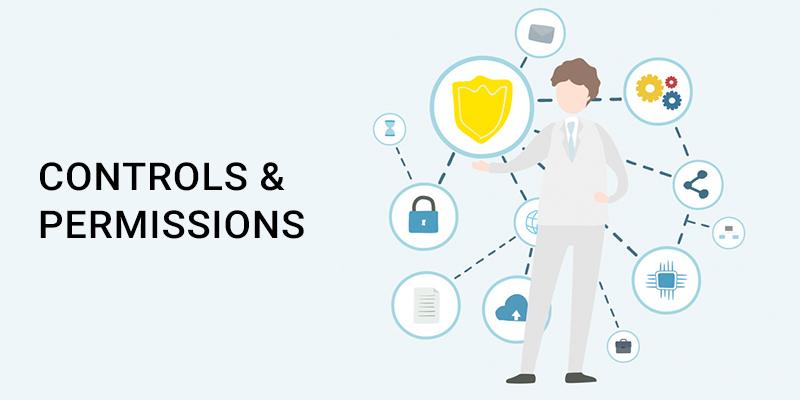
The multi-user process is critical to CMS, at the same time it needs to support the essential access control mechanism.
A content management system offers selective access to content, allowing businesses to supervise sensitive material.
But maintain robust control without slowing down staff members ability.
API and Extensibility
Users of CMS need customization facilities to enhance their website’s web parts, event handlers, providers, modules, and other extensions.
CMS generally comes with an API that customers can take advantage of to extend their capabilities.
Integration
So, Depending on the business type, the CMS needs to be able to connect with other platforms. Like CRMs and analytics, or even to be able to publish to new devices like ARs and VRs. So some integration capabilities are generally offere as standard features in any CMS.
So these are the benefits and features of CMS that can be helpful to your business too. If you are still not familiar with CMS (Content Management System).
More Blogs:
7 Reasons To Involve Content Marketing In Your Business Strategy
How To Grow Your Business Using Content Marketing Strategies
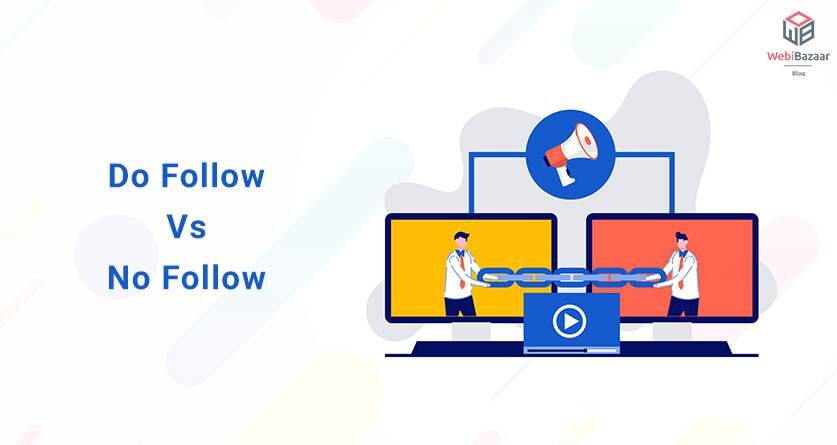
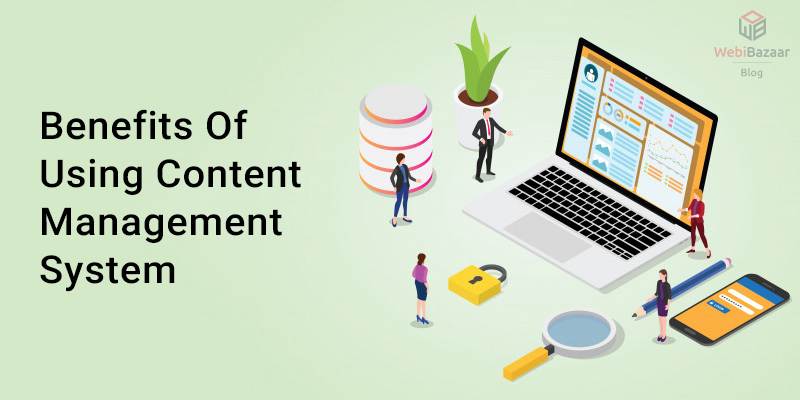






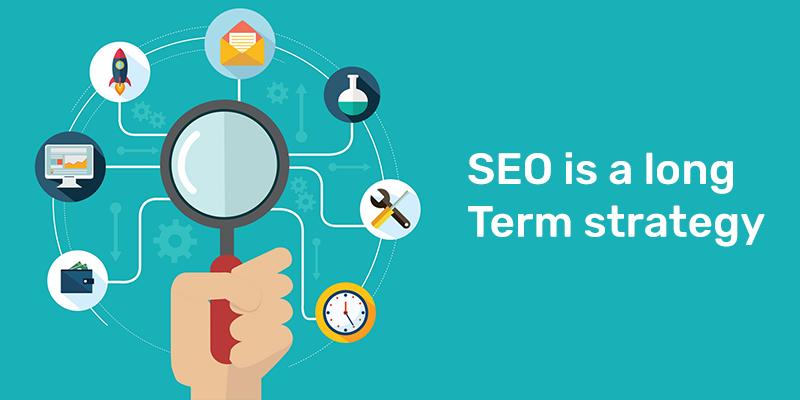





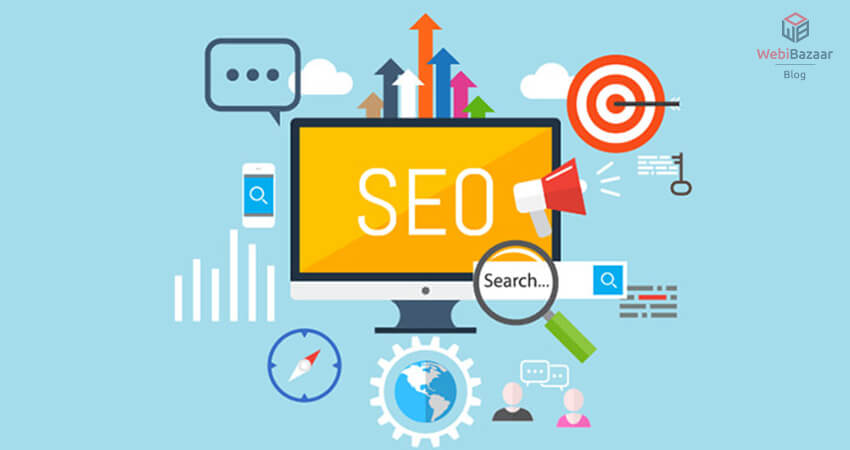
![Installation Of PrestaShop 1.7.X On LocalHost [Step by Step Tutorial]](https://www.webibazaar.com/blog/wp-content/uploads/2020/02/Install-prestashop-1-1.jpg)
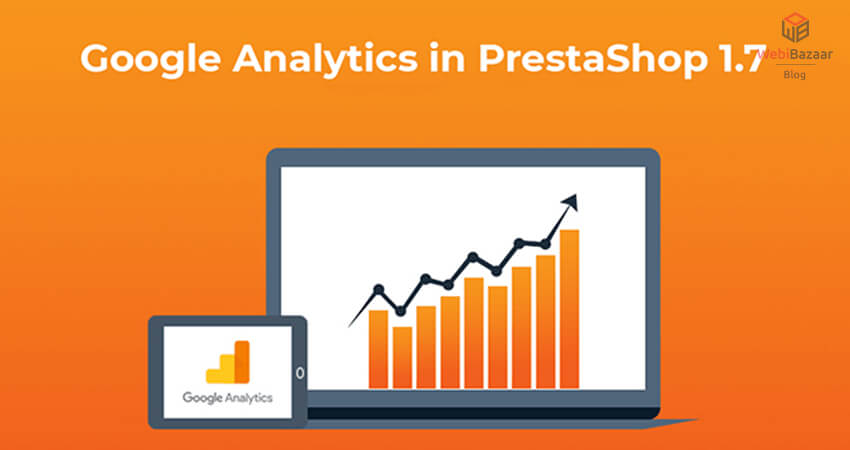



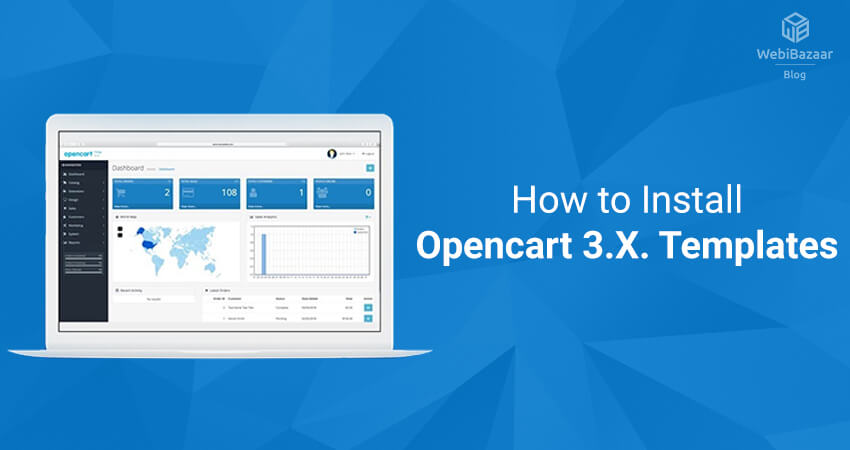
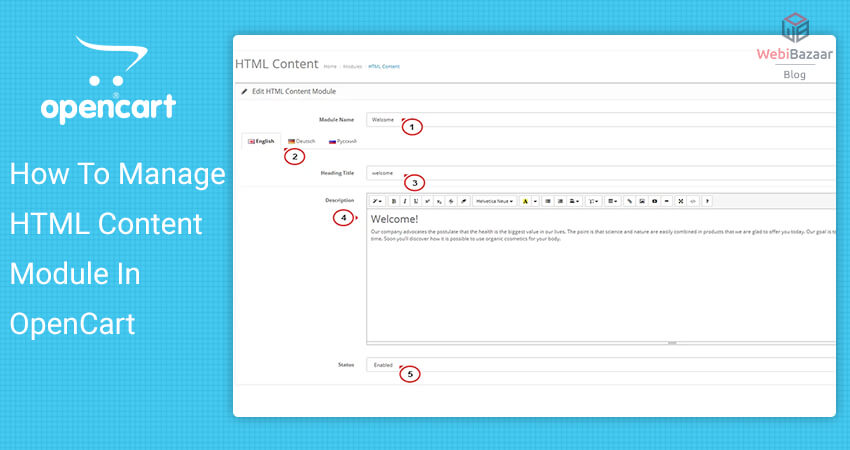


Recent Comments